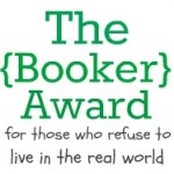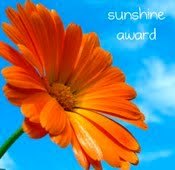Recently I looked up balumba again and I got 356,000 hits. These included the name of a car insurance company, a nickname, and a Facebook game called "Balumba Jump".
I began to wonder if there are any nonsense words that still could not be found on the web. Of course I don't mean chaotic strings of words like "lsifvfrgukxtutvvgiuyugewhrh". I mean reasonable words say of 3 or 4 syllables long. I decided to try a few. To do this I performed an advanced search on Google entering the word in the "this exact wording or phrase" box.
Just out of curiosity I tried "phantomimic". LOL, 103,000 results, my name is sooo common.
I then typed in "weringa" and got 29,000 results, among them a group of "experienced Australian business executives who help foreign and domestic companies successfully establish and grow their business across Australia and the Asia-Pacific region".
Whatever.
I went on to type "sabumafoo", what could possibly be a "sabumafoo"? Nope, 2,710 results, including a cat that chases its tail.
But what about "dertrino"? No way anything could be a "dertrino". Well, yes and no, 139 results from a place where they raise German shepherds in Mexico called "Von Der Trino". I guess search engines are allowed these liberties.
Anyway, with "gunkine" I got 120 results. Apparently someone uses it as an alias.
I thought I had a winner with "hutydo" but I got 39 hits. Although most of the links were in foreign languages there was a reference in a public document to the Hutydo County in California, but no such county exists; weird.
With "fribelius" I was getting there, only 19 results. It seems to be a last name in Sweden
Then I tried "wurtipio". Darn, almost! Only one result from, of all places, the Istanbul University website.
And finally I tried "yorkodel" and yes! No results...for now.
What are your favorite nonsense words that are still not on the net?
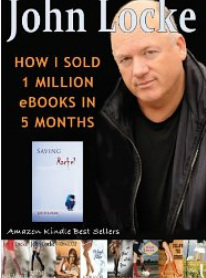
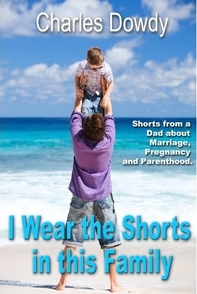
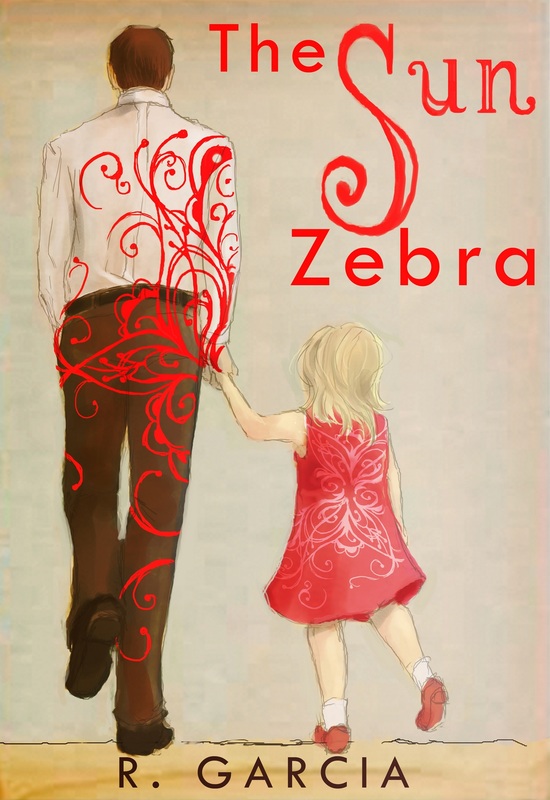

 RSS Feed
RSS Feed

